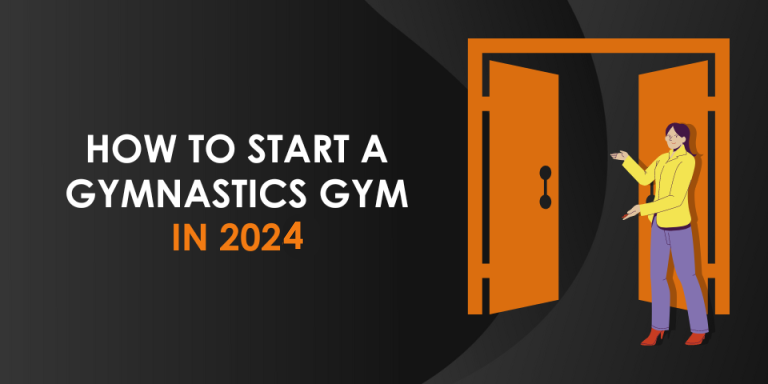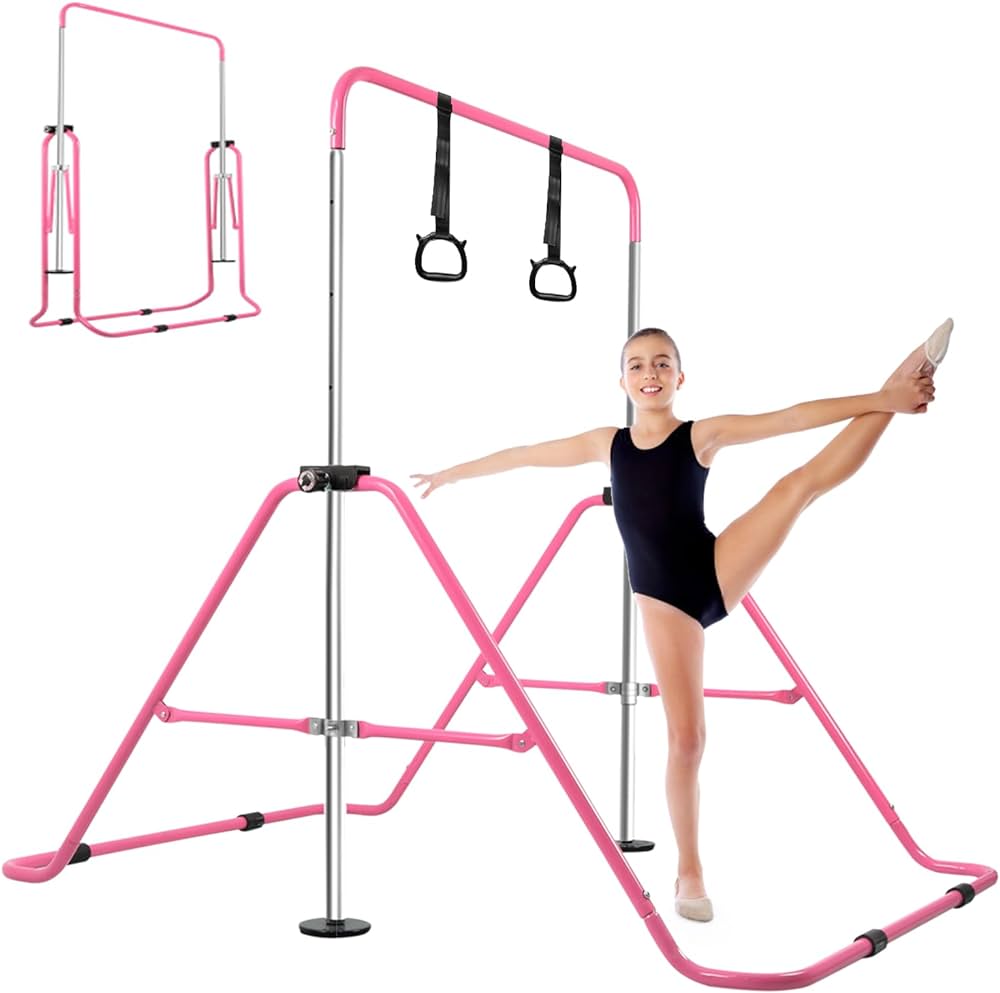Okay, let me tell you about the time I seriously thought about buying a gymnastics business. It wasn’t that long ago, maybe a couple of years back. My daughter was really into gymnastics, spent hours at the local gym, and I kept seeing the owner looking stressed out.
My First Look into Buying a Gym
So, one day, just chatting, the owner mentioned maybe wanting to sell. That planted a seed. I thought, hey, I know a bit about business, my kid loves this place, maybe it’s a good move? It started pretty casually. I went home that night and just started poking around online. Typed in stuff like “gymnastics gyms for sale near me” and “what’s involved in buying a small gym”.

Honestly, the first results were kind of overwhelming. Lots of listings on those business-for-sale websites. Some looked super professional, big places. Others looked more like the one my daughter went to – smaller, maybe a bit run down. The prices were all over the place too. It wasn’t immediately clear what made one worth way more than another, besides size maybe.
Digging a Little Deeper
I decided to focus on the idea of buying the gym my daughter attended. Seemed simpler, I already knew the place. I asked the owner if we could talk more seriously. We met up for coffee. He was pretty open, showed me some basic numbers. Looked okay on the surface, you know? Revenue coming in, expenses listed out.
But here’s where it got tricky.
- The Real Costs: Insurance was way higher than I guessed. Like, really high. Liability in gymnastics is no joke.
- Equipment: Some of the equipment was old. Replacing beams, bars, or the spring floor costs a fortune. That wasn’t really factored into his asking price.
- Staffing: Finding good coaches, and keeping them, sounded like a constant headache. And you need different coaches for different levels, toddlers versus competitive teams.
- Lease: The building lease was coming up for renewal, and the landlord was hinting at a big rent increase. Ouch.
I spent a few evenings just sitting there with the papers he gave me, trying to make sense of it. I wasn’t an accountant, so it was tough. I visited the gym during different class times, just observing. Watched how the staff interacted, how parents seemed. Tried to gauge the atmosphere. It seemed okay, but you could feel the stress sometimes.
Hitting the Brakes
Then I started thinking about the time commitment. This wasn’t just buying a business; it was buying a lifestyle. Evenings, weekends – that’s prime time for gymnastics classes. My 9-to-5 background didn’t really prepare me for that kind of schedule change. Plus, dealing with parents, organizing meets, marketing… it piled up fast in my head.
I talked to my wife about it. Showed her my scribbled notes and the rough numbers. We looked at our savings. We thought about the risk. Could we handle a rent increase? What if enrollment dropped? What if a kid got seriously hurt?
In the end, I had to be honest with myself. The passion was there, kind of. But the numbers looked tight, the risks were significant, and the time commitment felt like more than I was willing to give right then. It wasn’t just about buying the equipment and the name; it was about taking on all the problems too.

So, I told the owner thanks, but no thanks. It was a tough decision because part of me really liked the idea. But walking away felt like the sensible thing to do after really looking into it. It’s way more complex than just liking gymnastics. You gotta really understand the nitty-gritty business side of things, and I realized I wasn’t quite ready for that particular challenge.














